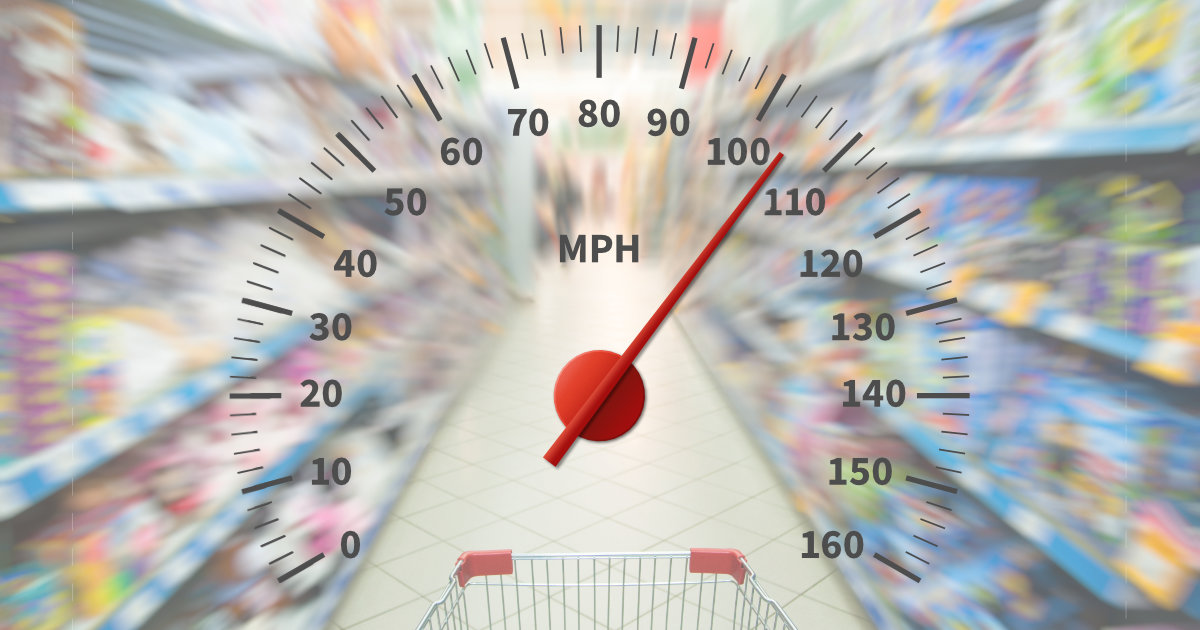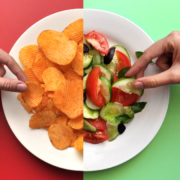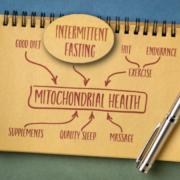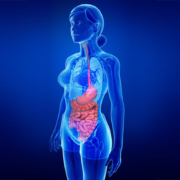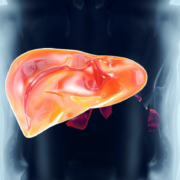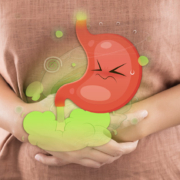Are Ultra-Processed Foods Absorbed Faster?
The next question to consider with UPFs is this: Do you absorb more calories from UPFs than you would from minimally processed food? The answer appears to be yes, but requires some explanation.
Keep in mind that UPFs have been mechanically and chemically altered during the manufacturing process. The original grains of wheat, corn, or even something such as carrots bear no resemblance to their original form. The components, especially the fiber, have been torn apart. What’s the big deal? The normal chemical bonds that make up the food matrix are no longer in the same form as they were. Therefore, they require less digestion and potentially can be absorbed much faster starting in the small intestine.
That can mean a couple of things. The higher the proportion of UPFs in the diet, the more calories from carbohydrates can enter the bloodstream and get there faster. Blood sugar goes up more quickly; if the calories aren’t immediately used, the extra calories can be converted into fat for storage, and don’t we all love that!
It also means that the food that could have fed our microbiome is no longer present—we’ve taken in plenty of calories, but our microbiome is starving. What nutrient is missing? Fiber in the form of resistant starch. What does it resist? Digestion and absorption. That’s the food for probiotics in the microbiome, and without it, our microbiome is starving and not as healthy as it could be. The more UPFs you eat, the more you need a fiber supplement.
There is one more question that needs to be addressed, and I’ll do that in the next Memo. In the meantime, how about a bowl of steel-cut oats, bean soup, or a nice salad? Your microbiome will be so happy!
What are you prepared to do today?
Dr. Chet
References:
1. https://doi.org/10.1016/j.cmet.2019.05.008
2. https://doi.org/10.1038/s41467-023-38778-x

